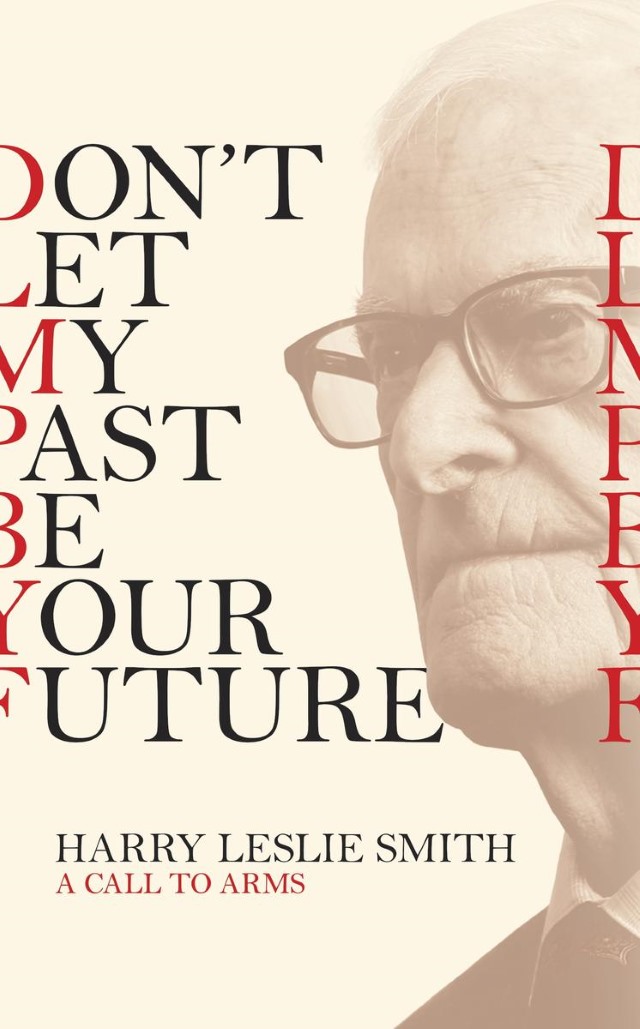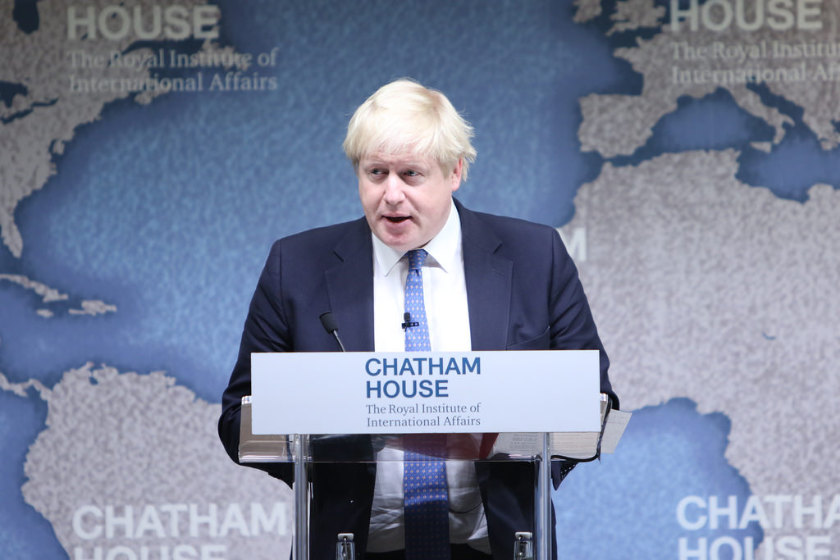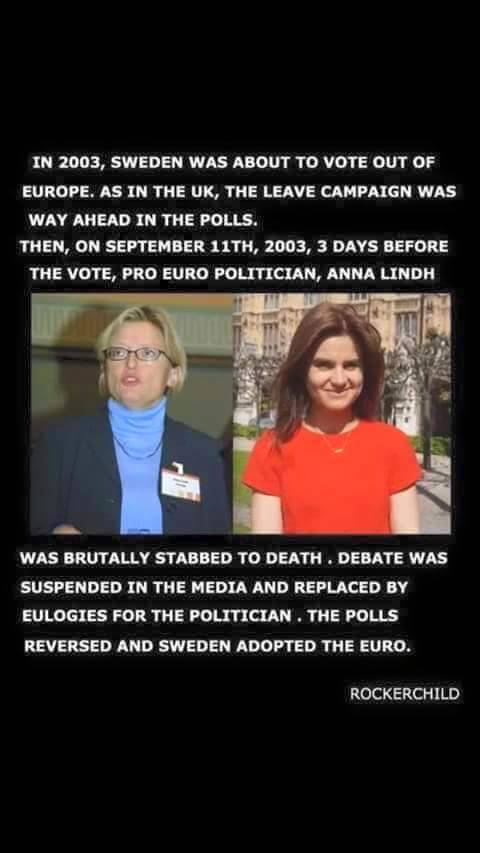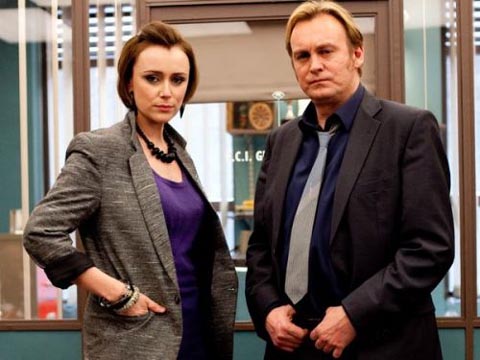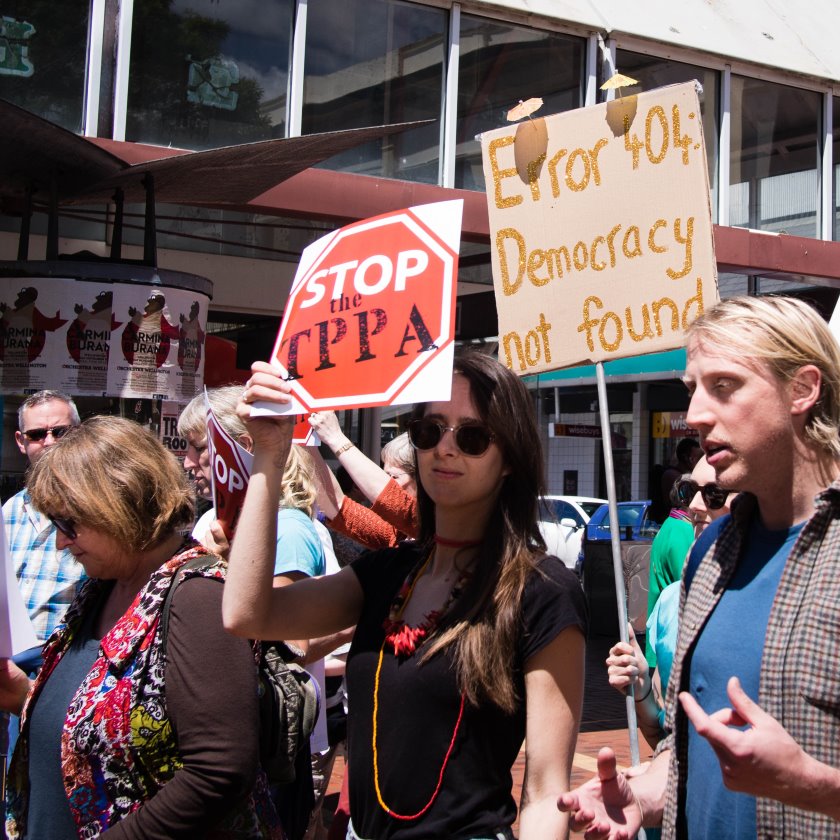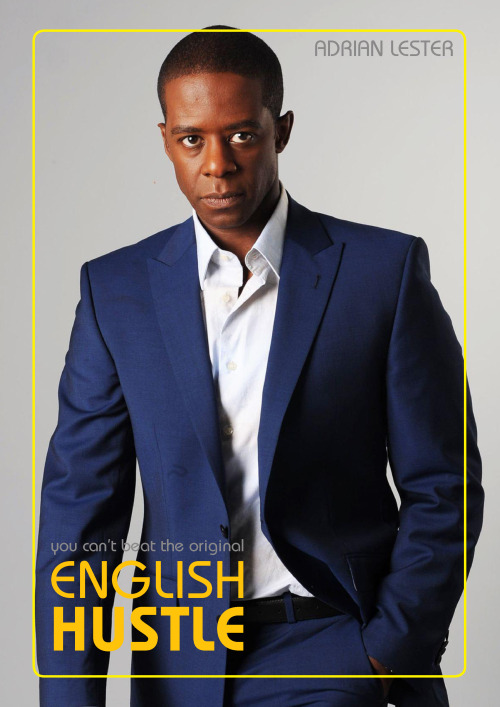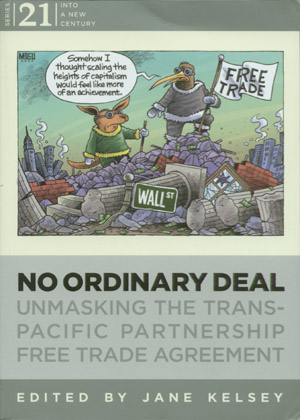Not that Asian countries get this right all the time, but generally, when a 95-year-old speaks, we (as in many of us with Asian heritage, and by ‘Asian’ I mean a lot of cultures that make up the 3,700 million people on the continent) tend to listen and we revere their experience. And WWII veteran Harry Leslie Smith, who is one of the more active people of his generation, brings us a warning about where Brexit and other developments around the world are taking us.
The excerpt from his book, Don’t Let My Past Be Your Future: a Call to Arms, in The Independent, headlined ‘Brexit threatens everything I fought for in the Second World War. On my 95th birthday, this is what I need people to know’, makes for sobering reading, and if we don’t heed his words, we could be heading into trouble. Even if you support Brexit, it would still be advisable to read the excerpt and ensure that the future that he foresees doesn’t come to pass.
Quite telling is this:
Unlike today, no political party in my youth advocated the isolation that Brexit will bring to Britain. Instead all insisted that our military and political survival depended on cooperation and integration with other nations. Yet today, the political descendants of Winston Churchill are turning our nation into a hermit kingdom whose wealth and ingenuity are being squandered for an idealised notion that we are still a mighty power that the nations of the world want to trade with on our terms.
I have to agree with him there. When a very good friend of mine, whose opinion I respect greatly, and who voted for Brexit, indicated that New Zealand would be at an advantage, I had to point out that even before the UK joined the EEC, our share of trade with the nation was already declining. We had to look for other trading partners, including ones far closer to home to us. While there’s some truth in that UK–NZ ties could be strengthened, don’t expect a bonanza. If our two-way trade with the EU is worth NZ$19,986 million (Treasury figures, year ended March 31, 2017) and the ONS believes the UK alone accounts for £2,500 million (roughly NZ$4,800 million), then some quick calculations (I realize the periods may differ) indicate that the UK accounts for 24 per cent of the total. But the EU, in total, accounts for 14·5 per cent of our trade. In other words, the UK alone accounts for around 3·5 per cent of trade with us. That’s a fraction of what it was in the 1960s, when New Zealand was a sort of Little Britain (no, neither Little Britain nor the historical sense of that term), when Japanese cars were just an occasional distraction on our roads. We have new friends with whom we trade and I don’t think we’re as nostalgic for the days of Empah as Farage, Johnson, Gove et al. We seem to be more realistic, and we realize the war was a long time ago—and we had to be tougher, in part thanks to the UK’s membership of the EEC.
It’s not just Britain: Smith doesn’t have great things to say about the US president, Donald Trump, either, especially when he recounts the legacy of Franklin Roosevelt.
And:
The baby boomers were bequeathed by my generation a society built upon a bedrock of personal sacrifice and a commitment to social and economic justice. Yet all of our accomplishments, from the NHS to council housing as well as our unfinished work trying to ensure a more equal Britain, was pawned off by them to the hedge funds, tax-avoiding corporations and political parties that believe governments should be run like businesses.
Whereas once upon a time, both Conservative and Labour wanted to uphold the institutions that helped make the UK a decent society—as National and Labour did here—modern ideology has changed the right into something that people like my parents—who voted National for decades—simply don’t recognize today. Even in my lifetime, which is less than half of Smith’s, I find some of the ideas that are being peddled mere caricatures of conservatism. There’s a whole generation—let’s call them ‘Thatcher’s children’—who don’t know any differently.
Smith doesn’t conclude with this in the excerpt, but I will, as I think it’s a strong paragraph:
And now with our nation in chaos over Brexit, and fascism becoming as great a threat to our security as it once was in the 1930s, the majority in this country and the western world sit like the inhabitants of Pompeii the day before Vesuvius destroyed their city and their lives, ignoring the warning calls of imminent destruction.
Once again, collective memories are incredibly short—which is why older people who have real experiences they can share so clearly need to be listened to. I mean, why wouldn’t you?
